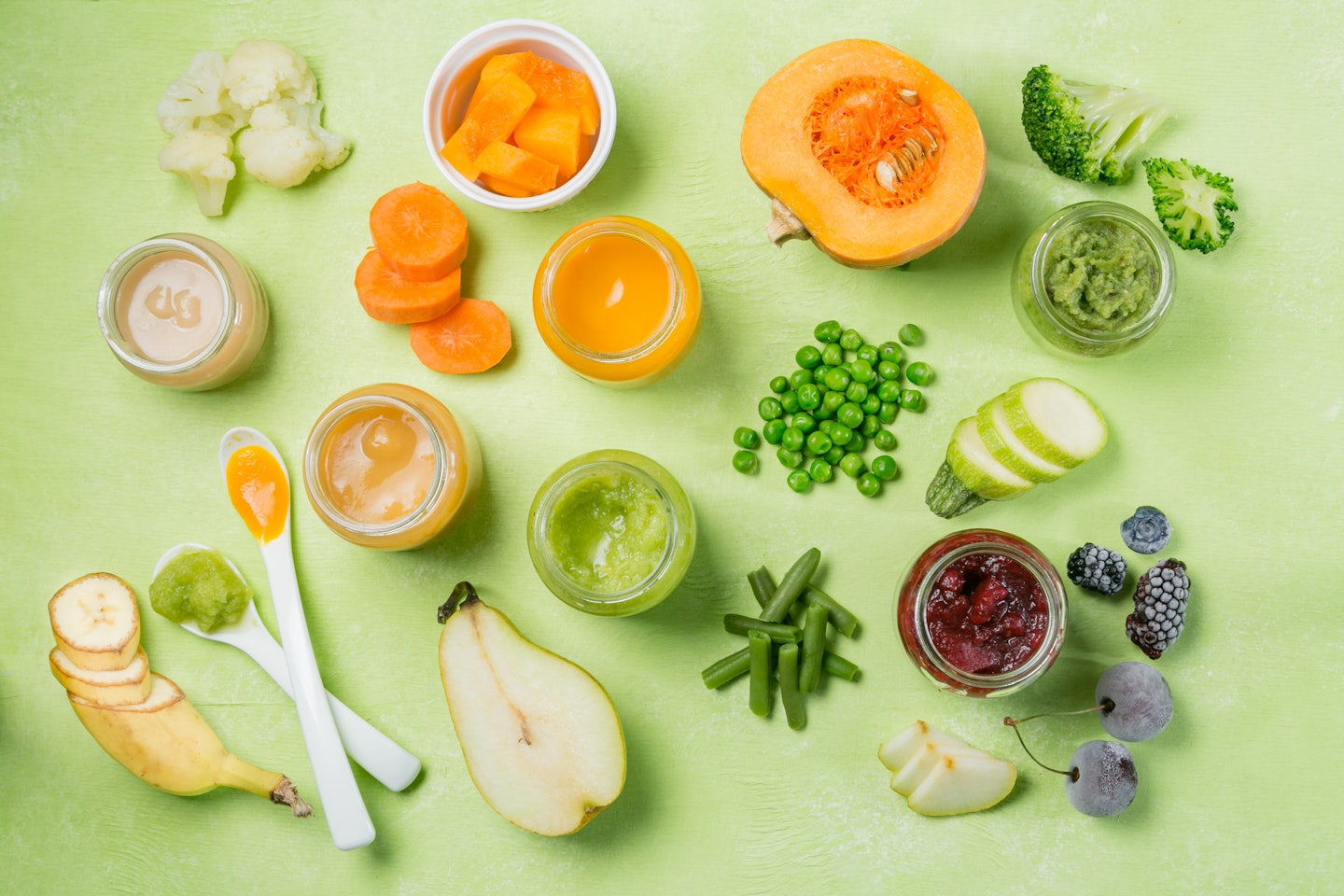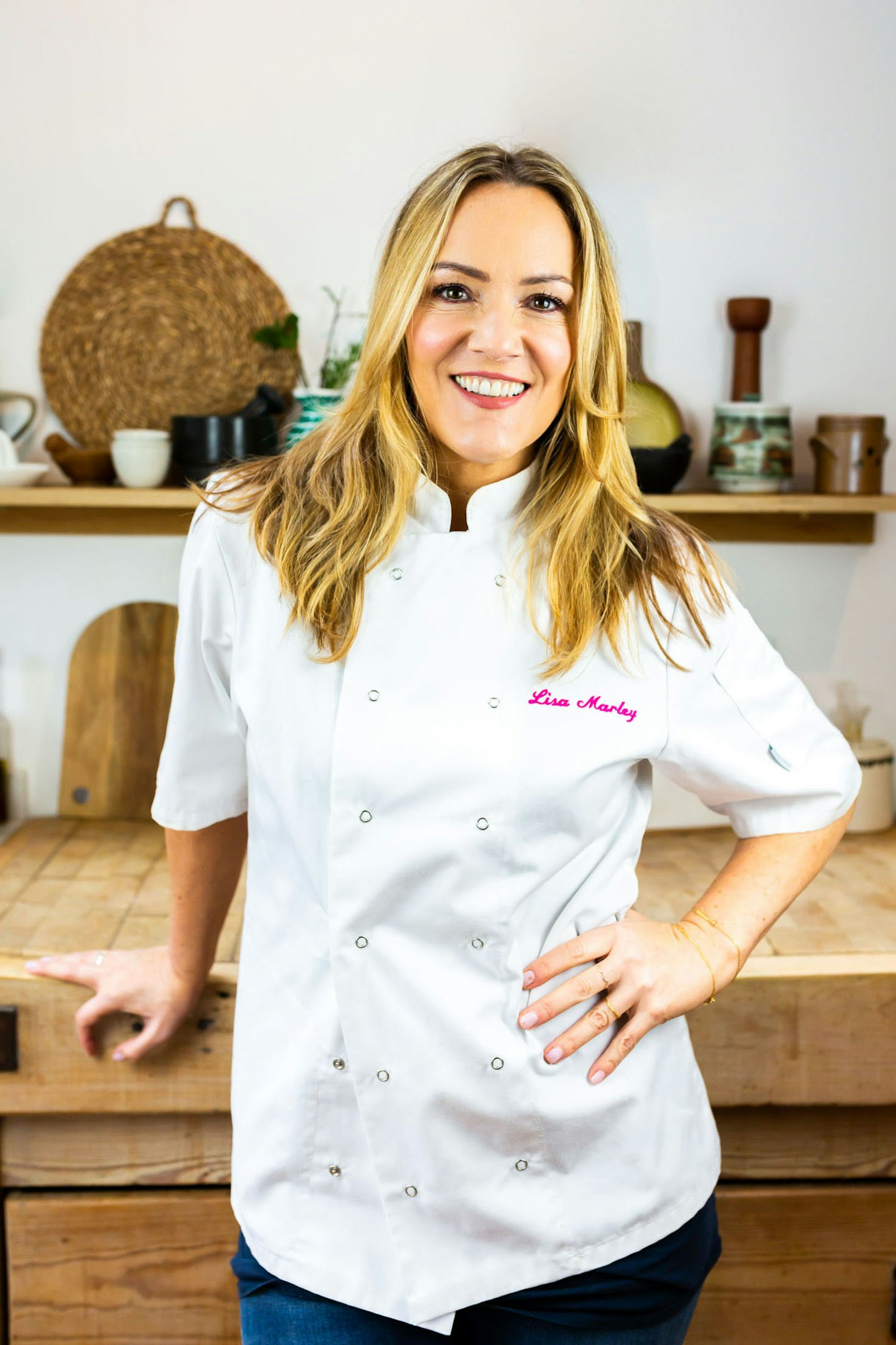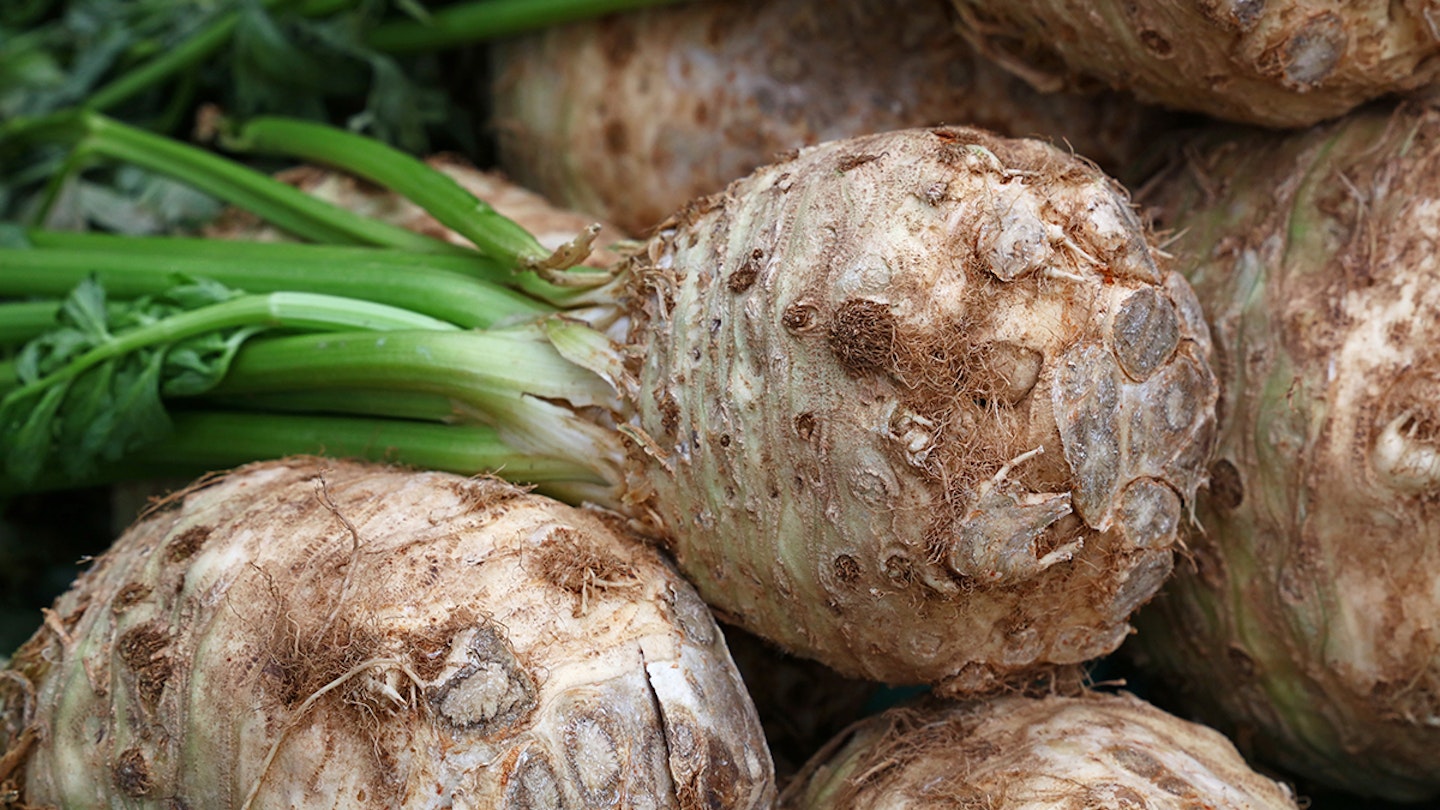Just like soft, cooked foods, Celeriac puree for babies, helps to introduce your little bubba to weaning, an important milestone in both their growth and in the journey of parenthood. It is also a gradual process of introducing your infant to solid foods, while continuing to breastfeed or formula feeding, and is essential for making sure your little one receives the necessary nutrients to grow and thrive.
Weaning typically begins around six months of age and marks a critical transition, from exclusive milk feeding to a more varied diet that includes fruits, vegetables, grains, and proteins.
Also known as celery root, celeriac contains lots of wonderful vitamins such as vitamins B, C and K as well as being packed full of antioxidants, making it a brilliant veggie for your baby to enjoy when it's time for weaning.
According to Lisa Marley, trained nutrition coach and chef: "Celeriac puree is a creamy and flavourful dish made from cooked and mashed celeriac, a root vegetable closely related to celery. It is a nutritious and delicious option for baby food as it is packed with essential vitamins and minerals."
Celeriac Puree Recipe
Ingredients:
-
1 large celeriac root, peeled and diced
-
250ml vegetable stock
-
100ml plant milk or water
-
Pinch of cinnamon (for babies 6 months of older)
How to make Celeriac Puree?
-
Add the diced celeriac to a large saucepan and cover with the stock
-
Bring to the boil and simmer for about 20 minutes or until the celeriac is tender.
-
Drain the celeriac and transfer it to a blender or food processor.
-
Add the milk or water and blend until smooth and creamy.
-
You may need to add more liquid to reach your desired consistency.

Can you freeze Celeriac Puree?
Yes, celeriac puree can be frozen for up to 3 months. Simply portion the puree into ice cube trays or small containers, then thaw in the refrigerator before serving.
The benefits of Celeriac baby food?
Celeriac is a good source of fibre, which can aid in digestion and promote a healthy gut.
It is rich in vitamins C and K, as well as minerals such as potassium and phosphorus.
Celeriac is low in calories and fat, making it a healthy option for a baby's diet.
"The smooth and creamy texture of celeriac puree is easy for babies to eat and digest, making it a great choice for introducing solid foods.", says Lisa.
Meet the expert:

Lisa Marleyis a nutrition coach, chef and trained as a pastry chef at Westminster Kingsway College. She also gained a culinary diploma from Ashburton Cookery School in Devon and has demonstrated her recipes at The Ideal Home Show, The Sustainability Show and The Fully Charged Show, to name a few. Lisa, recently filmed for channel 5, and features in a cooking show on Amazon Prime, with Emma Willis, called The World Cook, and has recently filmed with channel 4 for a new property show.
Mummy to a little girl, Adejumoke Ilori is Commercial Content Writer for Mother&Baby. With a BA hon in Creative Writing, she has worked for digital platforms, where she has empowered women from the inside and out, by sharing real life stories based on relationships, loving yourself and mummyhood.
